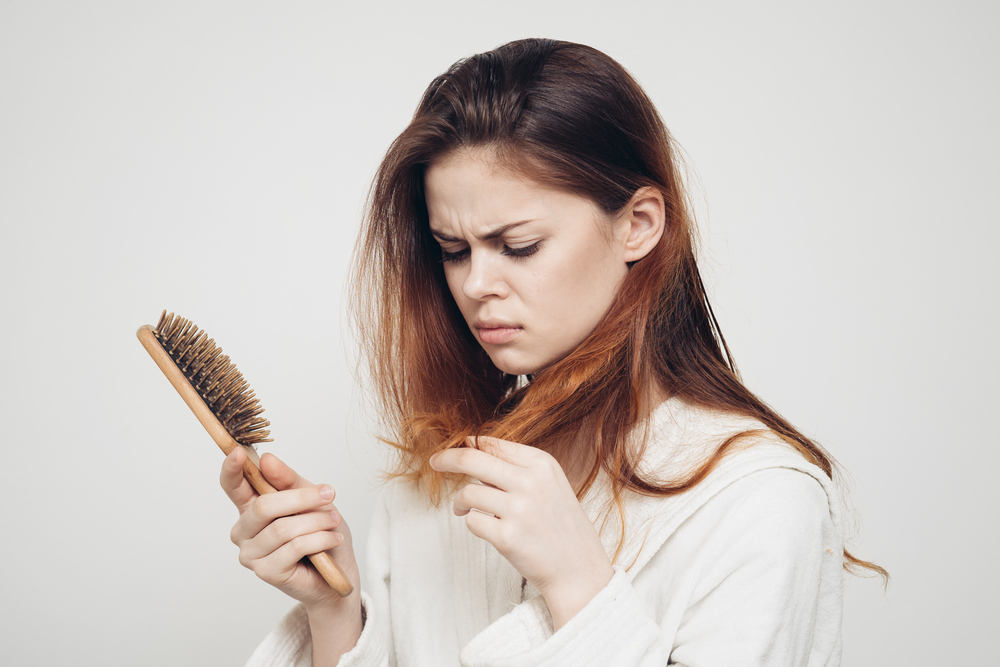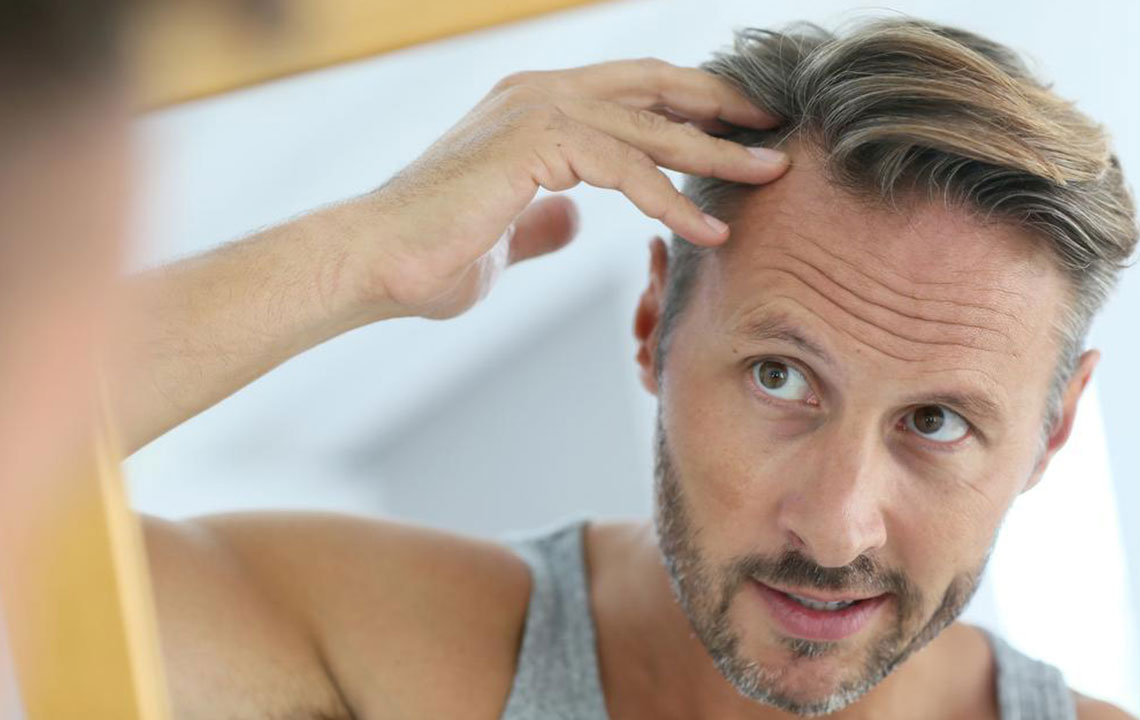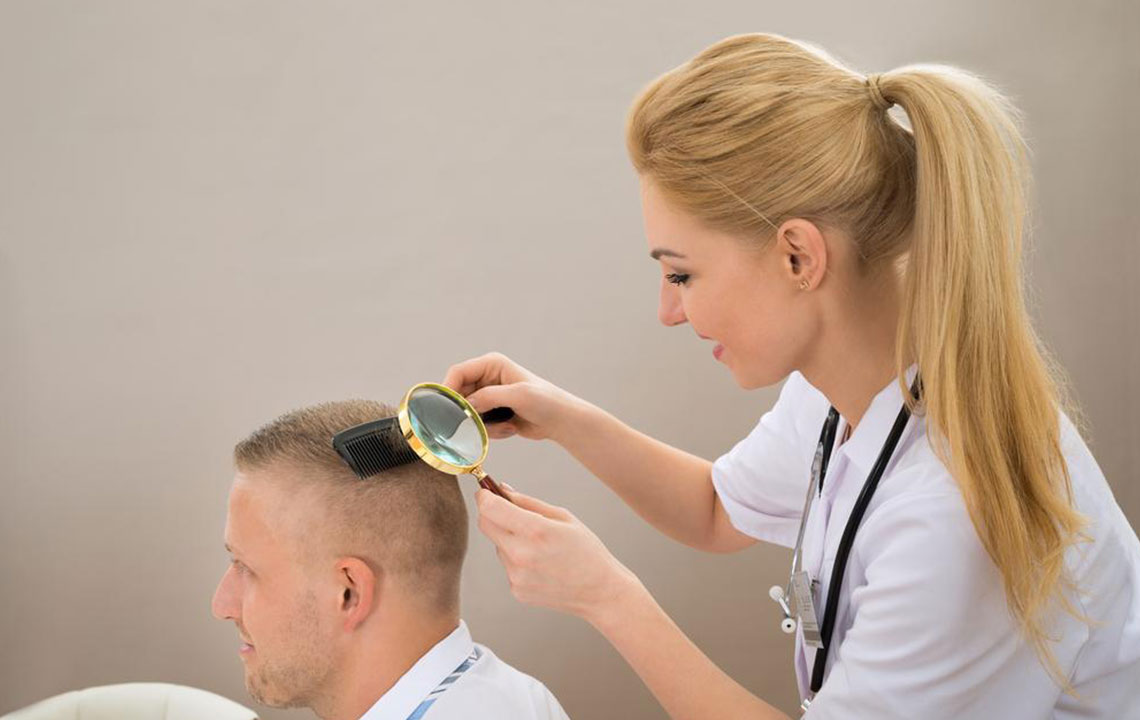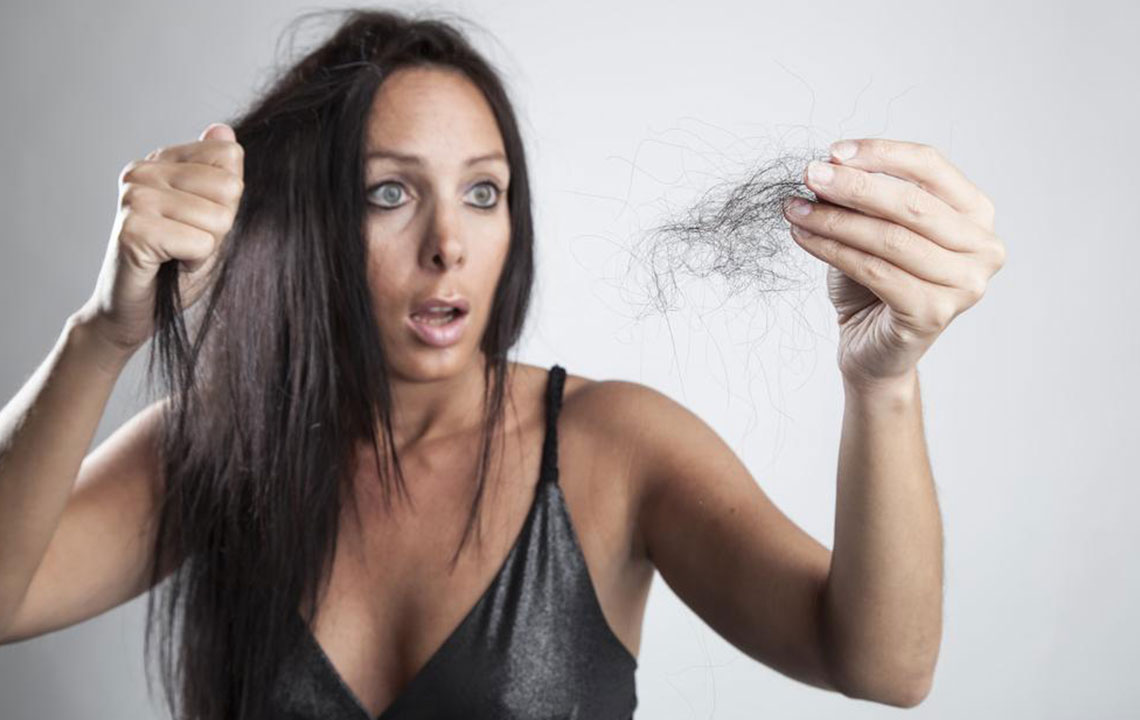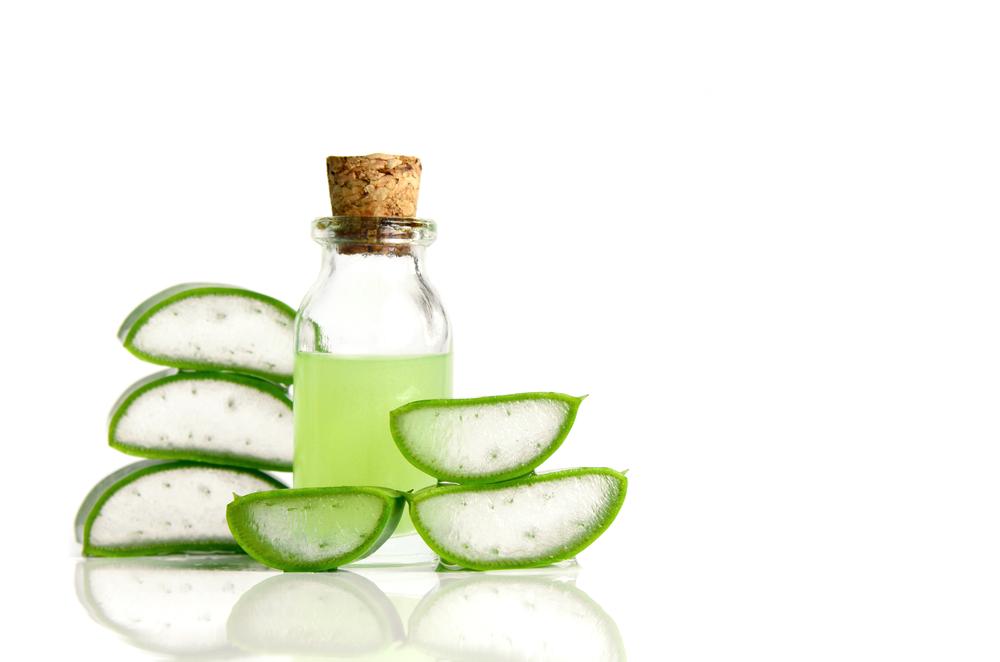Comprehensive Guide to Preventing and Treating Hair Thinning and Hair Loss
Discover effective strategies to prevent and treat hair thinning and loss. This comprehensive guide covers causes such as stress, nutritional deficiencies, hormonal imbalances, and provides expert remedies, home treatments, and professional options to restore healthy, voluminous hair. Learn how lifestyle changes and medical interventions can make a significant difference in hair health and confidence.
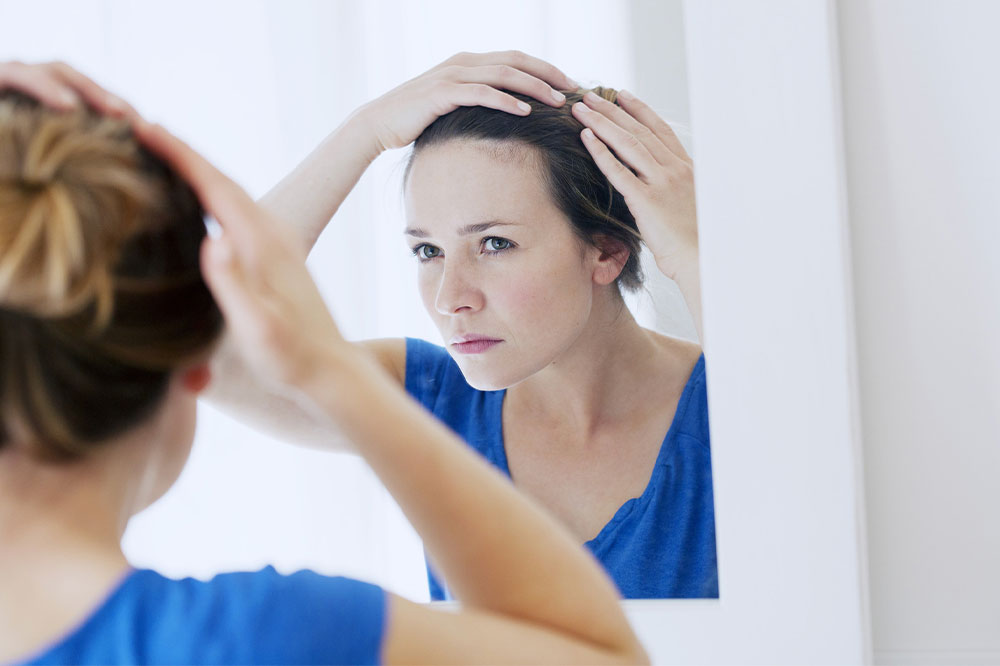
Comprehensive Strategies to Combat Hair Thinning and Hair Loss
Experiencing hair thinning can be a distressing issue that impacts self-image and confidence. Often characterized by increased hair shedding on pillows, brushes, and showers, persistent hair loss affects millions worldwide. Fortunately, understanding the underlying causes, along with adopting targeted prevention and treatment strategies, can significantly improve hair health and promote new growth. This extensive guide explores the various factors contributing to hair thinning, effective remedies, lifestyle adjustments, and professional care options to help restore thick, healthy hair.
Multiple elements influence hair health, including biological, nutritional, and environmental factors. Recognizing these causes is crucial for choosing appropriate strategies to prevent further hair loss and stimulate regrowth.
Stress and Psychological Factors
Prolonged stress and anxiety are leading contributors to hair thinning. Stress-related hair loss often occurs during periods of emotional strain, illness, or after surgical procedures. Managing stress through relaxation techniques like meditation, yoga, and deep breathing exercises can help normalize hormonal levels, thereby promoting healthier hair growth. Incorporating physical activity and ensuring adequate rest are also beneficial in reducing stress and improving overall scalp conditions.
Dietary Deficiencies and Nutrition
Nutrition plays a pivotal role in maintaining strong, resilient hair. Hair is primarily composed of keratin, a protein that depends on sufficient dietary intake of nutrients. Insufficient intake of proteins, essential fatty acids, vitamins, and minerals can weaken hair structures, leading to thinning and breakage. A balanced diet rich in lean meats, fish, eggs, legumes, nuts, and dairy supports hair strength. Consulting a healthcare provider for personalized nutritional advice or supplementation can ensure your diet contributes effectively to hair health.
Excessive Vitamin A and Overmedication
While vitamins are vital for overall health, overconsumption of vitamin A, particularly through supplements or medications, can trigger hair shedding. Maintaining recommended daily intake levels and avoiding self-medication are essential. Once vitamin A levels stabilize, hair growth typically resumes normalcy. Always seek medical guidance before making significant changes to your supplement regimen.
Iron Deficiency and Anaemia
Iron deficiency is a common cause of hair loss, especially in women experiencing heavy menstrual bleeding or those with vegetarian diets. Iron is crucial for oxygen delivery to hair follicles. Incorporating iron-rich foods such as spinach, lentils, red meat, eggs, and fortified cereals can help. In some cases, iron supplements may be necessary, but only under medical supervision. Addressing anemia effectively can lead to noticeable improvements in hair density.
Thyroid Hormonal Imbalances
Both hyperthyroidism (overactive thyroid) and hypothyroidism (underactive thyroid) can disrupt the hair growth cycle, resulting in thinning or hair loss. Diagnosis typically involves blood tests, and treatment involves correcting hormone levels through medication or therapy. Restoring thyroid function can significantly enhance hair health and prevent further loss.
Hormonal Changes Postpartum
Pregnancy and childbirth induce hormonal fluctuations that temporarily accelerate hair shedding, known as postpartum hair loss. Usually peaking around three to six months postpartum, this condition resolves naturally with time. Ensuring proper nutrition and gentle scalp care can aid recovery during this phase.
Rapid Weight Loss and Malnutrition
Sudden and extensive weight loss through crash dieting or medical conditions can deplete essential nutrients, weakening hair strands. Adopting a gradual weight management plan and focusing on nutrient-dense foods support overall health, including hair vitality.
Cancer Treatments and Chemotherapy
Cancer therapies like chemotherapy are known to cause significant hair loss. While this side effect can be distressing, hair typically regrows after completing treatment. Maintaining adequate nutrition, especially protein intake, and using supportive hair care products can ease recovery and promote healthy hair regrowth.
Essential Remedies and Lifestyle Changes for Hair Loss Prevention
If you observe increased hair fall, prompt and consistent intervention is vital to prevent permanent baldness. Consulting with a healthcare professional allows for accurate diagnosis and tailored treatment plans.
Professional Medical Consultation
A qualified dermatologist or trichologist can investigate underlying causes through scalp examinations and laboratory tests. Based on this diagnosis, they recommend suitable treatments—ranging from topical therapies and oral medications to advanced procedures like hair transplants.
Maintaining Scalp Hygiene
Proper scalp care involves regular cleansing—typically two to three times weekly—to remove dirt, oils, and buildup that may clog hair follicles. Using mild, natural shampoos minimizes irritation and keeps the scalp in optimal condition.
Nutritional Support and Supplements
If deficiencies are identified, targeted supplements such as biotin, vitamin D, zinc, and iron can support hair health. It’s essential to consult healthcare providers before starting any supplementation to avoid excess intake or interactions.
Gentle Hair Care Practices
Avoid harsh chemicals, frequent heat styling, and tight hairstyles that strain hair roots. Instead, opt for natural, sulfate-free hair products and gentle brushing routines to minimize damage and promote resilience.
Home Remedies to Stimulate Hair Growth
Scalp Massage with Nourishing Oils
Regular scalp massages using oils like coconut, castor, argan, or neem can improve blood circulation, strengthen hair follicles, and stimulate growth. Massaging for 10-15 minutes before hair washing, ideally with warm oil, enhances absorption and scalp health.
Egg Yolk and Natural Protein Treatments
Egg yolk, a rich source of keratin and essential fatty acids, can be applied directly to the scalp or used as a hair mask. This natural treatment provides vital nutrients, enhances hair texture, and promotes thickness.
Professional Treatments and Surgical Solutions
Salon Therapy and Scalp Treatments
Professional scalp massages, arcadia therapy, and specialized treatments like micro-needling or PRP (platelet-rich plasma) therapy can promote scalp health, increase blood flow, and encourage natural hair growth while addressing scalp conditions such as dandruff or inflammation.
Hair Transplant Procedures
For those with significant hair loss or baldness, hair transplant surgery offers a permanent solution. This surgical procedure involves transplanting healthy hair follicles from donor areas to bald spots, resulting in natural-looking, long-lasting hair restoration. Advances in follicular unit extraction (FUE) and follicular unit transplantation (FUT) techniques make these procedures safer and less invasive than ever before.
